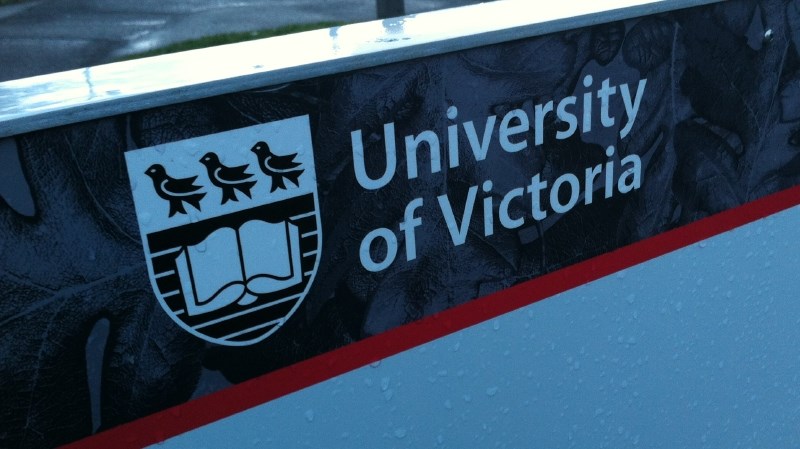When it comes to action on climate change, all politics is glocal (meaning both global and local). So can B.C. meet the challenge of addressing both local and global concerns?
Increasingly, leaders are developing policies to meet their local constituents’ needs while facing the global challenges of climate change. Last December, Quebec, Manitoba and Ontario agreed to link their carbon cap-and-trade systems with California.
In March, B.C. and Alberta publicly exchanged perspectives on how B.C.’s clean hydro and Alberta’s fossil fuels, taken together as a mixed energy system, would require inter-provincial electrical-grid integration and improved access to foreign fossil-fuel markets.
Last week, B.C. took glocal in a new direction by signing the Pacific North America Climate Leadership Agreement with California, Oregon, Washington and their major cities. The agreement and the Pacific Coast Leadership Action Plan set an ambitious agenda to develop a regional low-carbon economy, take action on climate-induced change in the ocean, lead national and international climate change policy, guide a transition to green economies and invest in clean technologies.
B.C. is viewed globally as a progressive jurisdiction acting locally by establishing a carbon tax nearly a decade ago, capitalizing on the potential of hydro-electric energy and creating the Climate Action Secretariat to facilitate environmental policy and its implementation.
More will be accomplished at the local level as B.C. grapples with complex issues such as future carbon-tax strategies, siting of hydro and other renewable-energy projects, the greening of the provincial and municipal governments, and investing in clean technologies. Securing B.C.’s sustainability is no easy feat, yet past and current leadership has ensured that the province has a flying start.
But if responses to climate change are going glocal, is B.C. well positioned? We think so, for three reasons.
First, there is an appetite as shown by the Climate Leadership Agreement to identify and act on mutual interests. The coastal states and B.C. have a common geography, regional economy and shared infrastructure. By signing the agreement, B.C. recognizes that climate change will have regionally distinct impacts. A shared vision for a vibrant low-carbon economy and dramatic reduction in greenhouse gas emissions creates a sense of common purpose that transcends borders.
With this reframing, otherwise distinct jurisdictions can communicate, co-ordinate and respond in new and more effective ways. Air currents, migratory species, watersheds and ocean currents do not carry passports.
Second, B.C. has one of the most important renewable resources for tackling climate change — knowledge. B.C.’s universities and colleges are among the best in Canada, and with their private-sector partners create knowledge and capture value in innovative products and services relevant to climate-change mitigation and adaptation. The examples are many and diverse: improved forest products to capture carbon in buildings, new technologies for aquaculture monitoring, novel materials for fuel cells and batteries, nuclear-fusion research, and social innovations that aid in lowering our carbon footprint, such as new approaches to green technology adoption or crowd-sourced bicycling apps.
At the University of Victoria, Ocean Networks Canada’s 108 employees have created one of B.C.’s largest high-tech enterprises that provides real-time monitoring of our coastal and marine environments. Working closely with U.S. partners, local high-tech companies and more than 50 First Nations, ONC is already partially meeting the action plan’s objectives of ocean monitoring and research, and helping communities disproportionately affected by climate change.
Third, through a prescient investment almost a decade ago, B.C. created the Pacific Institute for Climate Solutions. Led by UVic in partnership with the University of British Columbia, Simon Fraser University and University of Northern B.C., PICS sponsors and synthesizes the best available research on climate change with a focus on creating solutions for policy options and associated government actions.
Working with the Climate Action Secretariat, PICS’ primary responsibility is to serve B.C.’s needs for evidence-based climate solutions in areas such as sustainable built environments, energy mix and integration, forest-carbon management, natural-gas development and transportation. The evidence-based solutions generated by PICS also have regional, national and international significance.
With PICS, B.C. is uniquely poised to contribute to the need for regionally relevant climate change and clean-technology policy development, and has the consultation and communication tools to facilitate the coming technological transition that is anticipated in the Climate Leadership Agreement.
Glocal usually refers to policies, initiatives and actions with a subnational focus. The regional focus of the Climate Leadership Agreement and leadership action plan might be glocal-plus, since three states and one province in two nations must converge on common purposes, tap into knowledge, creativity and innovation, and lead the way with a supportive policy environment.
B.C. is already leading the way.
Jamie Cassels is president and vice-chancellor of the University of Victoria. David Castle is vice-president of research.



